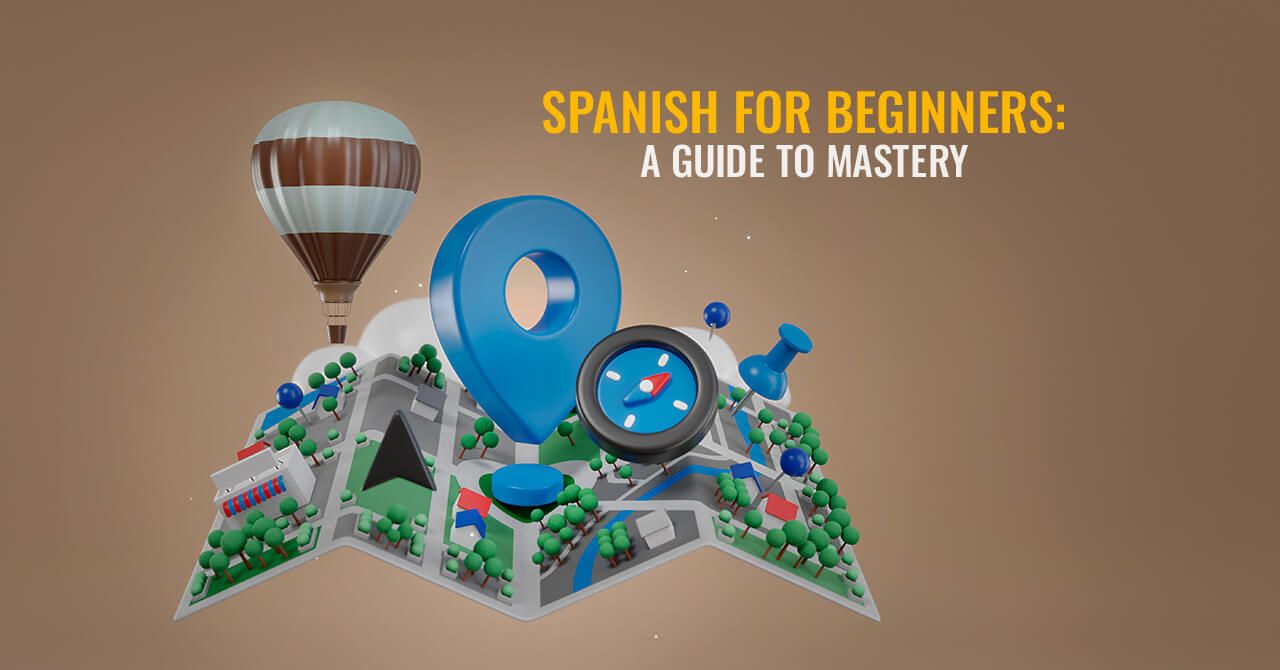
Argentinian Idioms to Master Your Spanish Skills
Learning the different dialects of a language can be a difficult task, especially when it comes to idioms and specific features of each dialect that can be translated as variations in phonetics, phonology, linguistic features, and more.
If you are interested in learning Argentinian Spanish, often referred to as Rioplatense Spanish, whether because you are a tourist, it’s your hobby, or even due to work or study factors, you have come to the right place. Learning the different dialects of a language can be a difficult task, especially when it comes to idioms and specific features of each dialect that can be translated as variations in phonetics, phonology, linguistic features, and more. Thus, in order to make it less stressful, here you will find ten frequently used idioms.
Guitarrear
While several years ago, “guitarrear” was a term frequently used when referring to playing guitarю
Me voy a guitarrear con los paisanos.
Nowadays, it is an idiom that speakers use in order to express that, due to their lack of knowledge about something, they just decided to go on and talk about it using improvisation, previous knowledge, and A LOT of charisma.
– ¿Y? ¿Cómo estamos para el examen?
– No sé, yo la voy a guitarrear y a ver qué sale.
Ser boton/botona
This is an idiom that has a negative connotation and is most of the time used to talk about a person who is not capable of keeping secrets or confidential information with them or a person who is indiscreet about others’ information.
– Mamá tenía que saber sobre eso.
– Si te había contado, no era para que se lo dijeras, botona.
Additionally, this is also used as a slang term to negatively refer to cops.
Ser de pocas pulgas
If you have ever dealt with or are currently dealing with a bad-tempered, easily irritable, not patient at all person, congratulations! You may be dealing with a person who is “de pocas pulgas.”
No me hablen; hoy estoy de pocas pulgas.
Meter la pata
We all make mistakes! This is an idiom especially related to those situations when we make a mistake, say something inappropriate, or talk about things that we should not have talked about.
– Ya me canse de esperar, voy a llamarle a mi jefe para ver si va a venir o no.
– Mejor no le llames, podrías meter la pata y arruinar la visita.
Fantasmear
This idiom is mainly used by younger generations in Argentina and is implied in order to talk about someone whose attitude is that of a person who lies in order to call others’ attention. You can easily tell when someone is “fantasmeando” because that person will tell lies that are quite incredible and about things that are mostly not likely to happen.
– Person 1: Le pregunté sobre estrategias para sobrellevar la carrera, y me dijo que no podía compartir ninguna estrategia conmigo porque nunca estudió y que solo iba a clases una vez al mes.
– Person 2: Como le gusta fantasmear…
No va más
In the late 16th century, it was a frequent phrase during card game meetings. It was used as the players were running out of money to bet, so their host would begin to turn off the lights all around the place to end up saying “no va mas.” That indicated that it was time for everybody to go home. These days, it has become an idiom of common use that is implied to indicate that something has come to an end.
– ¿Cómo vas con tus estudios?
– Empecé a trabajar así que la universidad no va más.
Descansar
While it normally refers to resting, as an idiom, “descansar” is used when talking about or talking to someone who is pulling your leg in order to make fun of you.
Pedí piernas de pescado en la pescadería, como me dijiste, pero no tenían. Me dijeron que me estabas descansando.
Gede
Having roots in the word “hediondo,” that means that something is smelly or stinking. As an idiom, “gede” is mainly used to make reference to people that you don’t like or to someone who is considered unbearable.
– Ahí viene Ana.
– Otra vez viene la gede esa, que irá a pedirnos ahora.
Tirar la casa por la ventana
Whenever you want to express that you will spare no expense, you can use this idiom, which is directly linked to spending or even wasting money without control.
– Dijiste que iba a ser un festejo sencillo, pero veo que tiraste la casa por la ventana.
Dar la hora
It can be assumed that this just means that someone needs to know what time it is, but actually, as an idiom, “dar la hora” makes reference to the fact that a person doesn’t pay attention to you. As an idiom, it is mainly implied when talking about romantic matters.
– ¿Le hablaste?
– Lo intenté, pero no me dio ni la hora.
Conclusion
Overall, learning the idiomatic expressions of a language can be difficult, especially if you are not close to a native speaker. That’s why here you have a brief view of some idioms in the Argentinian Spanish dialect and some examples to help you understand them better. Remember that learning is much better with the correct guidance of a tutor!
I am an English teacher with over five years of experience. I hold a bachelor's degree and certifications on neuroscience and leadership, neurodidactics, TEFL, and Spanish teaching, among others.

